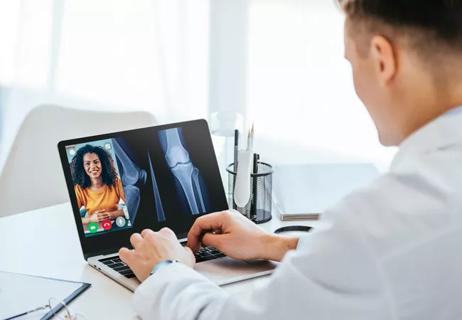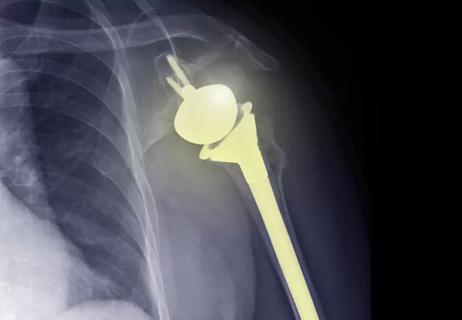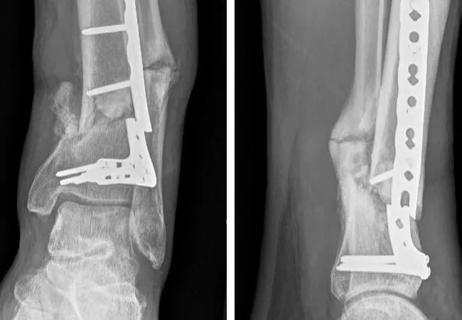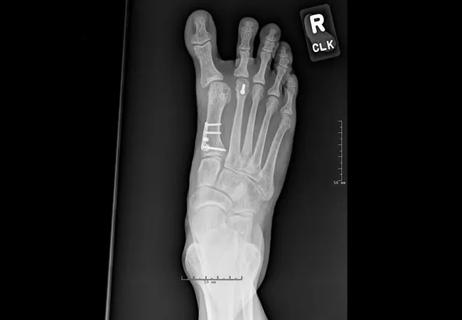Tag debug info: client: {"assets":{},"datasets":{},"live":{},"projects":{},"users":{},"observable":{"assets":{},"datasets":{},"live":{},"projects":{},"users":{}}} Now: 1770774279804 Cache Key: cqdTagPageBySlug:orthopaedic-surgery fetchCache[cqdTagPageBySlug:orthopaedic-surgery].expirationTime: falsey fetchCache[cqdTagPageBySlug:orthopaedic-surgery]. seconds remaining: falsey All fetchCache expiration times: -- Key: cqdNotFoundPage, seconds remaining: -64247 -- Key: cqdTagPageBySlug:automated-visual-evaluation, seconds remaining: -75108 -- Key: cqdPostsByTag:cqd-migrated-tag-20477,1,10, seconds remaining: -75013 -- Key: cqdTagPageBySlug:calcium, seconds remaining: -65158 -- Key: cqdPostsByTag:cqd-migrated-tag-2901,1,10, seconds remaining: -65066 -- Key: cqdTagPageBySlug:lesbian, seconds remaining: -64247 -- Key: cqdPostsByTag:cqd-migrated-tag-18074,1,10, seconds remaining: -64172 -- Key: cqdTagPageBySlug:percutaneous-procedures, seconds remaining: -63387 -- Key: cqdPostsByTag:cqd-migrated-tag-17631,1,10, seconds remaining: -63304 -- Key: cqdTagPageBySlug:umur-hatipoglu, seconds remaining: -60236 -- Key: cqdPostsByTag:cqd-migrated-tag-4953,1,10, seconds remaining: -60160 -- Key: cqdTagPageBySlug:gabor-toth, seconds remaining: -58450 -- Key: cqdPostsByTag:cqd-migrated-tag-2684,1,10, seconds remaining: -58368 -- Key: cqdTagPageBySlug:tuberculosis-tb, seconds remaining: -57536 -- Key: cqdPostsByTag:cqd-migrated-tag-22345,1,10, seconds remaining: -57378 -- Key: cqdTagPageBySlug:aortic-valve-replacement, seconds remaining: -56640 -- Key: cqdPostsByTag:cqd-migrated-tag-1177,1,10, seconds remaining: -56562 -- Key: cqdTagPageBySlug:upper-endoscopy-egd, seconds remaining: -55700 -- Key: cqdPostsByTag:cqd-migrated-tag-2885,1,10, seconds remaining: -55626 -- Key: cqdTagPageBySlug:cardiac-screening, seconds remaining: -54784 -- Key: cqdPostsByTag:cqd-migrated-tag-1984,1,10, seconds remaining: -54707 conditions: -- false, -- NA, -- NA, -- NA -- false Cache miss for key cqdTagPageBySlug:orthopaedic-surgery - retrieving from Sanity CCCache.dataFetchCount: 61 Cache cleanup seconds remaining: 30000
Advertisement
Advertisement
Cleveland Clinic’s Adult Reconstruction Research leaders share what they’ve learned over 16 years
Leveraging discrete data elements helped standardize the triage, imaging and scheduling process for orthopaedic consults
A recently published framework illustrates Cleveland Clinic's strategy for integrating virtual care
Orthopaedic surgeons discuss their recently funded National Institutes of Health R01 grant
Advertisement
Cleveland Clinic is a non-profit academic medical center. Advertising on our site helps support our mission. We do not endorse non-Cleveland Clinic products or services. Policy
Physician-scientist publishes insights in JAMA
Approaching distal tibial nonunions
Causes are multifactorial, but good surgical decision-making and technique reduce failures
Rendered: Wed Feb 11 2026 01:44:40 GMT+0000 (Coordinated Universal Time)
9500 Euclid Avenue, Cleveland, Ohio 44195 |
800.223.2273 | ©
2026 Cleveland Clinic. All Rights Reserved.






